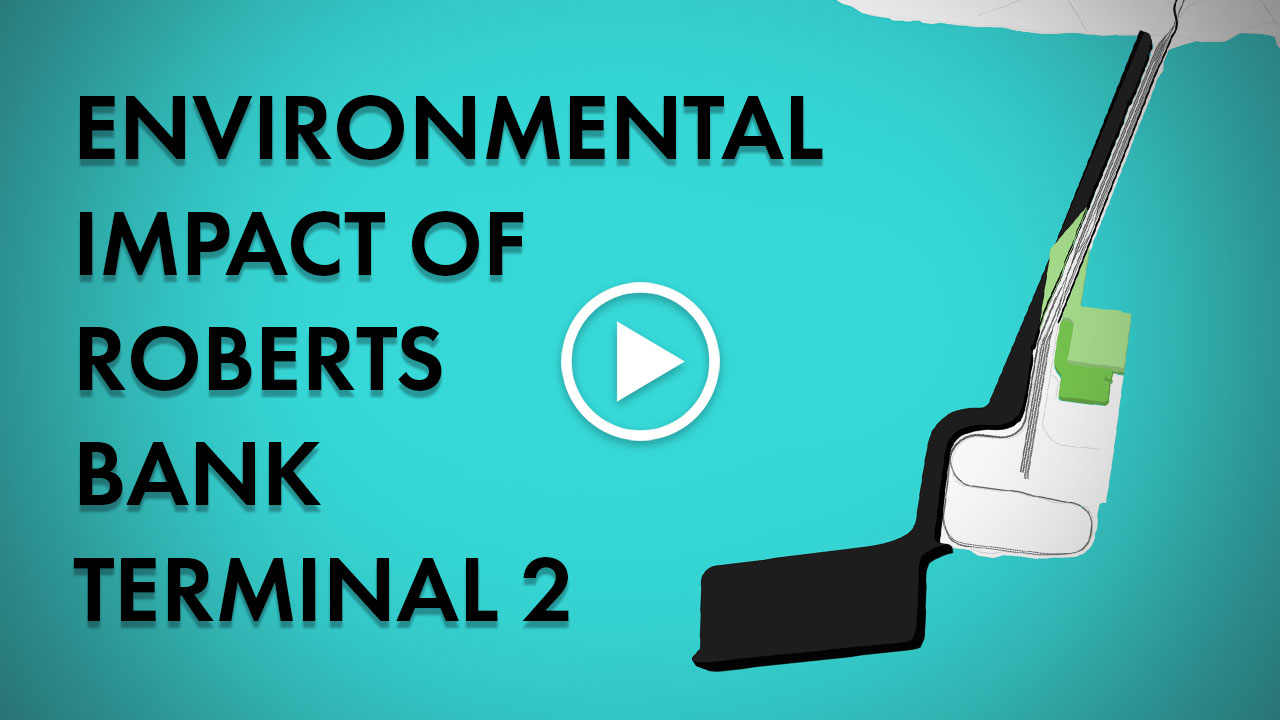Opinion: B.C.’s agricultural sector being sidelined to make way for a container terminal that is out of step with any notion of a sustainable city
Back in the 1960s, ambitious master planners hoping to emulate sprawling, car-centric cities like Los Angeles tried to push through an elevated super-highway that would have decimated Chinatown and Gastown, and changed the very fabric of Vancouver.
Thanks in part to an anti-freeway protest movement that brought together people from diverse walks of life, from enlightened students to local business owners who were rightly concerned, City Hall listened. People acted, including me — at that time the community lawyer for the Chinatown Merchants Association and SPOTA (Strathcona Property Owners and Tenants Association). As a result, the ill-fated project was canned.
Today, Vancouver finds itself at another historic crossroads. Driven by corporate ambitions absent of any real appreciation of the far-reaching consequences, executives and the board of directors at the Port of Vancouver are pushing a little-known master plan that would displace waterfront, Canadian-owned agricultural processors and grain shippers in favour of a massive container terminal.
Why isn’t anyone talking about this? And why am I speaking out about it now?
During this stressful pandemic, domestic food security is under a spotlight — and rightly so. Canada’s ability to grow, process and market its own food is paramount. Food production is emerging as a central feature of both COVID-19 economic recovery and achieving a greener future.
But a critical feature of the agricultural network is being put at risk — and needlessly so — due to competing land-use priorities on the south shore of Vancouver Harbour. Agricultural producers and exporters there and around the region require viable land, facilities and port access. But they are being sidelined to make way for a vision of a container terminal that is completely out of step with any notion of a sustainable city.
Case in point: A long-time Vancouver company called West Coast Reduction is at risk of becoming collateral damage in this tug of war between global container aspirations and local food production. I have known and worked with this family company, which was founded way back in 1964, for many years. It provides vital organic recycling, processing and commodity storage to thousands of farmers, food producers, restaurants and butcher shops in the region. It also creates feedstock for biofuel production to help fight climate change, and through the Diamond Foundation generously fund countless local organizations.
Without Canadian businesses like West Coast, farmers will suffer. Food prices will go up. And we’ll have a hell of a time meeting our recently renewed greenhouse gas-reduction targets.
So what would the south shore of Vancouver Harbour look like, with agricultural service providers displaced by a wall of shipping containers?
For one thing, our harbour would draw even more cargo vessels. Perhaps not such a good idea, when the Transportation Safety Board recently issued a warning that the Port of Vancouver is outgrowing its ability to safely handle big container vessels.
And what about all the commercial trucks that would be required to service increased container capacity? If we use the truck traffic associated with the proposed Roberts Bank Terminal 2 container terminal expansion as a guide, we’d be looking at thousands more truck movements in and out of East Vancouver every day. An air quality study conducted by Metro Vancouver last year showed that people living along the Clark Drive corridor, which would bear the brunt of increased traffic, are already at risk of developing respiratory illnesses. That picture alone should make the city’s residents question what’s playing out on the south shore.
The Port of Vancouver wants to be known as “the world’s most sustainable port.” If it continues its bull-headed push for a mega-container terminal while dismissively pushing the farming community aside, it will lose any shred of credibility on the sustainability file.
Port executives are doing a rather good job of hiding the big picture of what they’re trying to achieve. The facts tell a different story: South shore businesses have been put on notice that their leases will not be renewed. A grassroots organization called the Sustainable Food Alliance of B.C. is shining a light on the growing tension between containers and agriculture. And it’s a good thing they’re spearheading this battle, because they’re the guys who put food on our table. Look them up. Learn about this issue. Get involved.
Just like the super highway crisis of the 1960s, our voices will be heard.
Mike Harcourt is a former premier of British Columbia, mayor of Vancouver and Vancouver city councillor.
This article written by Mike Harcourt about Vancouver at a crossroads — support mega container terminals or home-grown agriculture? originally appeared in the Vancouver Sun on December 11, 2020.
Watch: Environmental impact of Port of Vancouver’s Roberts Bank Terminal 2
